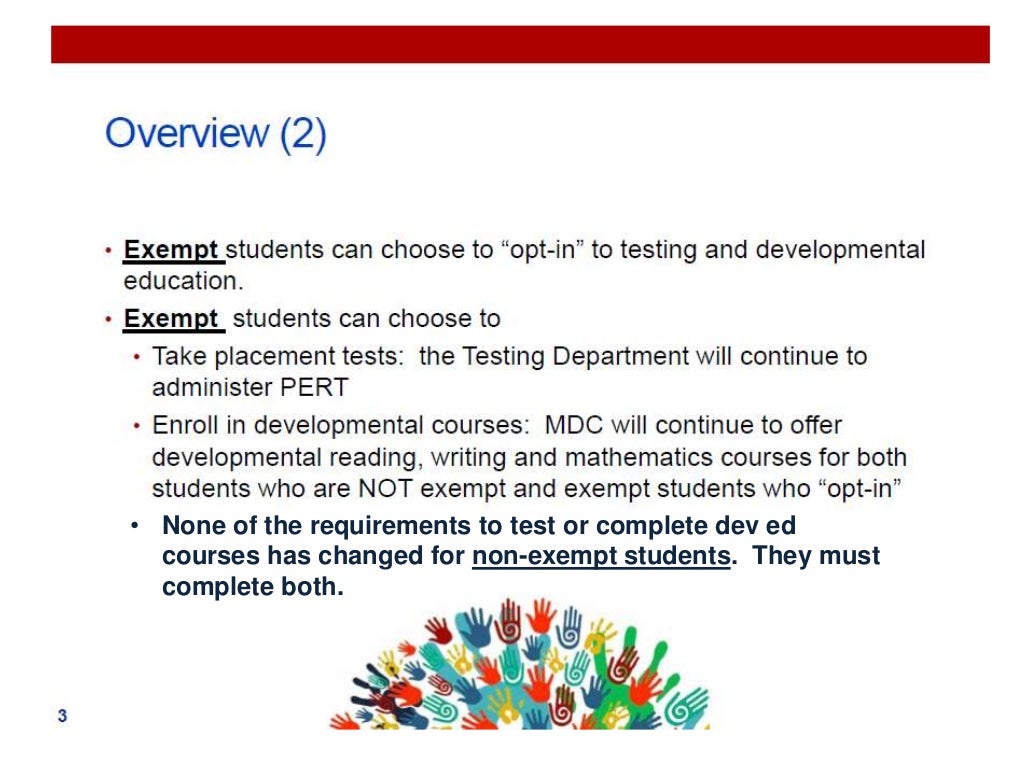Table of Content
These situations can make it difficult for some employees because they must pay California taxes and federal taxes as both employee and employer. It’s a work-around many businesses have found as a money saving practice – but it’s against the law and they could incur severe penalties from the IRS. If you find yourself working with a business who engages in this practice, talk with one of our lawyers. With more people working remotely from home, it’s important to know the laws in your state and how they pertain to you as an employee. Remote workers have the same rights as those who work in traditional offices, though some exceptions do exist for these situations.
Specifically, a delayed payment can result in a penalty of up to 30 days of the employee’s wages.105 The unpaid wages accrue on a daily basis, not just for the days that the employee might have worked—but also on non-workdays. When an employer willfully fails to pay an employee’s wages on-time as requirement by the Labor Code, they can be subject to a waiting time penalty. If an employee has been deprived of their full pay due to being misclassified as exempt, they are sometimes entitled to receive this. Most California employees who are classified as exempt customarily and regularly exercise discretion and independent judgment in their jobs. Discretion and independent judgment involve comparing and evaluating possible courses of action and making a decision after considering various possibilities.
What are my rights as an employee in California?
Most workers can’t be made to work more than 48 hours a week, but they can agree to work longer if they want to. If an employee has an employment contract that sets out details of their salary entitlement, an employer can’t impose a pay cut on them. Employees will have to give their consent to this decision.
Job titles do not determine a California employee's exempt or nonexempt status. An employee with an impressive job title may not qualify as an exempt employee if his/her actual duties do not meet the requirements for one of the exemptions. Employee shall be paid not less than one and one-half his or her regular rate of pay for any hours worked in excess of 10 in a workday or 48 in a workweek. Employee shall be paid two times his or her regular rate of pay for all hours in excess of 48 in a workweek. An exempt employee must be paid their full salary for any week in which they work, regardless of the number of days or hours worked.
What can I do if my employer misclassifies me?
This new law ensures that all employees, including those who work from home, will have easy access to the information included in all required notices. Private school teachers who are primarily engaged in teaching students and who regularly and customarily use their own discretion and independent judgment. These teachers must hold a bachelor’s degree or higher for an accredited university of have valid teaching credentials. These teachers must, like surgeons, doctors and computer professionals, earn more than a certain amount of money.
The Exempt/Nonexempt Wizard is a tool that helps when judging between exempt vs. nonexempt. The tool walks you through a series of questions to help you determine if a job position should be classified as exempt or nonexempt. Relatively few individuals qualify for exemption as members of artistic professions in California, since most of those who have sufficient control over the nature of their own work and over their work hours are self-employed. To determine whether the California employee is primarily engaged in exempt work, the California's Labor Commissioner examines the work performed by the employee during the workweek. The Exempt/Nonexempt Wizard walks you through a series of questions to help you determine if a job position should be classified as exempt or nonexempt.
Waiting Time Penalties
These include paper, pens, printers, monitors, desks, office chairs, internet, phone, and other office supplies. These increased costs to employees may need to be reimbursed, depending on the jurisdiction. California, for example, requires employers to reimburse employees for necessary business expenses they incur. For employees working from home, this can include physical supplies as well as phone, internet, and other utility bills . While this may seem contradictory, employment laws are often construed liberally in favor of the employees, and courts and agencies will often adopt interpretations that serve that end-goal.
That’s California minimum wage – not federal minimum wage. Earn a salary equivalent that’s at least two times the state minimum wage for a full-time, 40-hour workweek. In conclusion, for questions about exempt vs. non-exempt employees in California or to discuss your case confidentially with one of our skilled California labor and employment attorneys. Therefore do not hesitate to contact us at Shouse Law Group. Another class of employees exempt from overtime laws in California is teachers at private K-12 schools. The employer cannot require that the worker use paid sick leave; that is the worker’s choice.
The lowest salary level for public school teachers in the district where he works is $35,000, and he earns more than that. California law also protects workers from retaliation for disclosing a positive COVID-19 test or diagnosis or order to quarantine or isolate. Additional information on how to file a retaliation or discrimination complaint is posted online. There isn’t a specific labor law in California that would prevent employers from reducing compensation. You can’t have your salary reduced to a rate below the minimum wage by your employer.
There are some exceptions to the overtime pay requirements in California. Exemptions exist for specific categories of employers, as well as specific categories of workers. Employees who work overtime without the authorization of their employer must still be paid overtime pay, so long as the employer knows about the hours. However, if the employee conceals the overtime work in an attempt to deceive the employer and receive the additional pay, the employee will not be entitled to the pay. Again, state laws vary in terms of how they address exempt and nonexempt employees. An individual state will likely have its own definition of what constitutes overtime.
Many employees across California have return to the office, but many are remaining remote despite the lifting of statewide COVID-19 restrictions. Other considerations regarding telecommuting include workers’ compensation and trade secrets. “Employers should also have clear policies regarding timely reporting of workers’ compensation injuries, as well as policies to protect the company’s trade secrets and confidential information,” Devitt explained.

LegalMatch matches you to pre-screened lawyers in your city or county based on the specifics of your case. Within 24 hours experienced local lawyers review it and evaluate if you have a solid case. If so, attorneys respond with an offer to represent you that includes a full attorney profile with details on their fee structure, background, and ratings by other LegalMatch users so you can decide if they're the right lawyer for you. The employee’s duties must consist of using discretion and independent judgment. If your employer has wrongfully classified you as exempt, you may be able to sue for unpaid wages.
If you believe your employer has violated your rights, discriminated against you, or illegally taken advantage of your work-from-home status, we can help. Contact us today to schedule a consultation with our team. If an employee’s child cannot attend a school or a childcare center due to closure for reasons related to COVID-19 can also claim paid sick leave.
The law requires a specific hourly, monthly or yearly salary which is set by the state of California each year. Unavailability of Work- Do not make deductions when work is unavailable because of the operational requirements of the business, provided exempt employees are ready, willing and able to work. Thus, if July 4 falls on a Tuesday and you shut down the business for the balance of the week, any exempt employee who worked on Monday of that week is entitled to a full week's pay. While paid sick leave can be beneficial to employees who only need a few days off for covered reasons, all employees in California have the right to take unpaid leave when medical emergencies arise.







